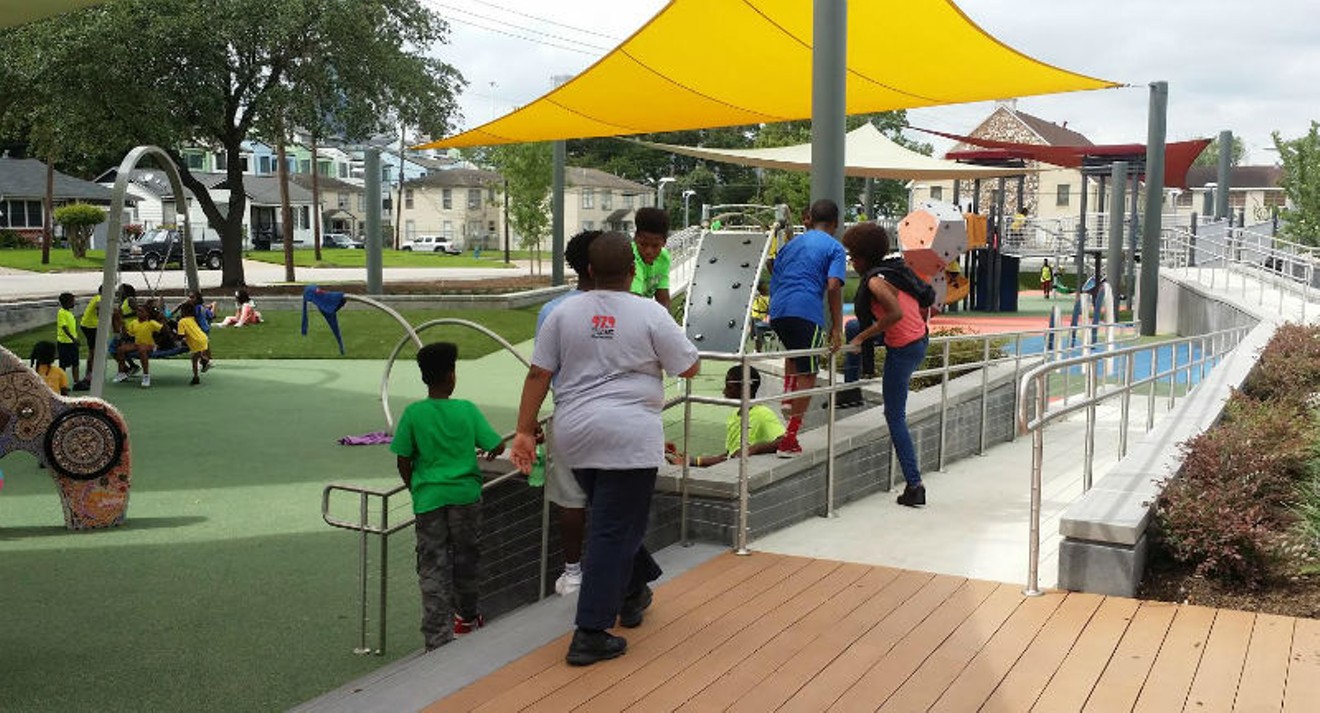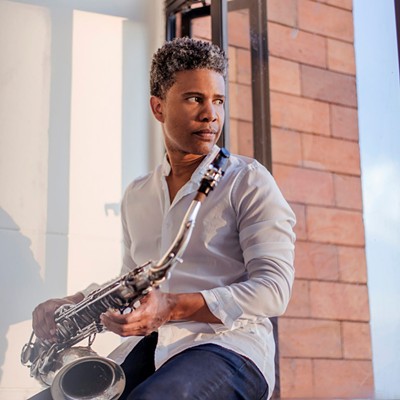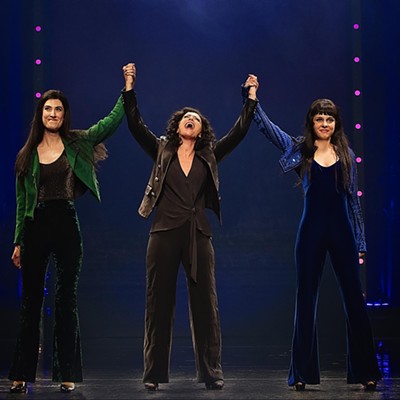
Children playing on a recent afternoon at the renovated Emancipation Park.
Photo by Margaret Downing
I think Common said it best:
“Freedom is like religion to us
Justice is juxtapositionin’ us
Justice for all just ain’t specific enough…”
Sure, as African Americans, we are no longer bound to the atrocities of a plantation, nor are we physically bound by shackles, but we are far from being free in this “land of the free.” To be blunt, because we do not believe in blurring the lines of color, how “free” are we?
My son is a 14-year-old mocha-colored, intelligent, respectful young man. He does what most kids his age do in the summertime — hoopin’ at the neighborhood court (which our HOA dues pay for), walking to friends’ houses with his red Nike Elite backpack because he carries his snacks, water, inhaler and his wireless game controller.
We teach him the rules to survive this walk to and from home should he be approached by an officer. First, if stopped, take your backpack off of your back and tell the police officer that your ID is in your bag and that you will empty its contents on the ground instead of reaching in the bag for said ID.
Next, live to come home to tell your father and me and we will handle it, but you need to make it home. Lastly, always make sure that you have your proper identification on you so that you have proof that your black ass lives in this gated community.
Before and during the Restoration Period, African Americans, both free and enslaved, were mandated by the Confederate South to carry “papers” to prove their “freedom” when passing from one part of the South to another, so that in the event they were stopped by bounty hunters/slave catchers or police officers, they weren’t lynched immediately.
Although a host of men were lynched regardless of their proof — sound familiar? All of the “free” African American males in the past three years have been lynched in the same manner in which countless others were during that time period. Most of the rhetoric is exactly the same too: “He must have been a thug,” “What did he do?” “He must have looked suspicious,” so tell me, what do you do when the police come to your home in the middle of the night with their guns drawn in your face? Are you still “free”? Do we still need to ask those same questions?
In a state where Juneteenth is highly celebrated, which houses the fourth-largest city in the United States, and Houston has a booming population of African Americans from all backgrounds, we are still profiled as “thugs” — which by the way is the new “N” word.
In 2012, while living in Fort Bend County — Fresno, Texas, to be exact (a neighborhood known to be predominantly black) — my husband and I were awakened to the sound of crunching grass and the LED flashlights of the Fort Bend County Sheriff’s department.
I remember tapping my husband on the shoulder and asking him if he saw the lights in our backyard, followed by a loud banging at our front door. We opened the door and to my utter disbelief, we were met by seven Fort Bend County Sheriff’s department officers, all of whom had their guns drawn, and a K-9 unit.
“Get down! Put your hands up!”
“What is going on! Y’all are not going to come into my house like this! I have babies in here!” “Put your hands up!” they yelled. “It’s fine,” he said. And as he put his hands up, I began to cry. One black officer asked, “Sir, can you gather your family and y’all wait in the garage while we search your home? We had an officer in pursuit of a black male suspect. This was a foot pursuit and the officer said that he saw the suspect enter in your home.”
“I will, but I have three kids in here and you make it quick and do not point another gun in my face in front of my family.” The officer quickly returned to the garage and said, “We are very sorry, sir; it’s obvious you all were sleeping and we are in the wrong home. I’m sorry, sir.”
Ironically, the scariest part in all of that for my husband was being shot to death in front of our family, and being emasculated by another man in front of our son.
The fear wasn’t death, because he knows that being black, given the climate of today’s culture, your skin color makes you a walking target. But we are “free,” right? We were emancipated, right?
Emancipation Park is symbolic of the freedom that so many slaves died fighting to see and for that I am grateful, but forgive me if I am not leaping for joy at the thought of this painful reminder that our “freedom” has yet to be sold to us and we are still fighting to be “freed.”
“…What I told you is what your grandparents tried to tell me: that this is your country, that this is your world, that this is your body, and you must find some way to live within all of it.” — Between the World and Me, Ta-Nehisi Coates








